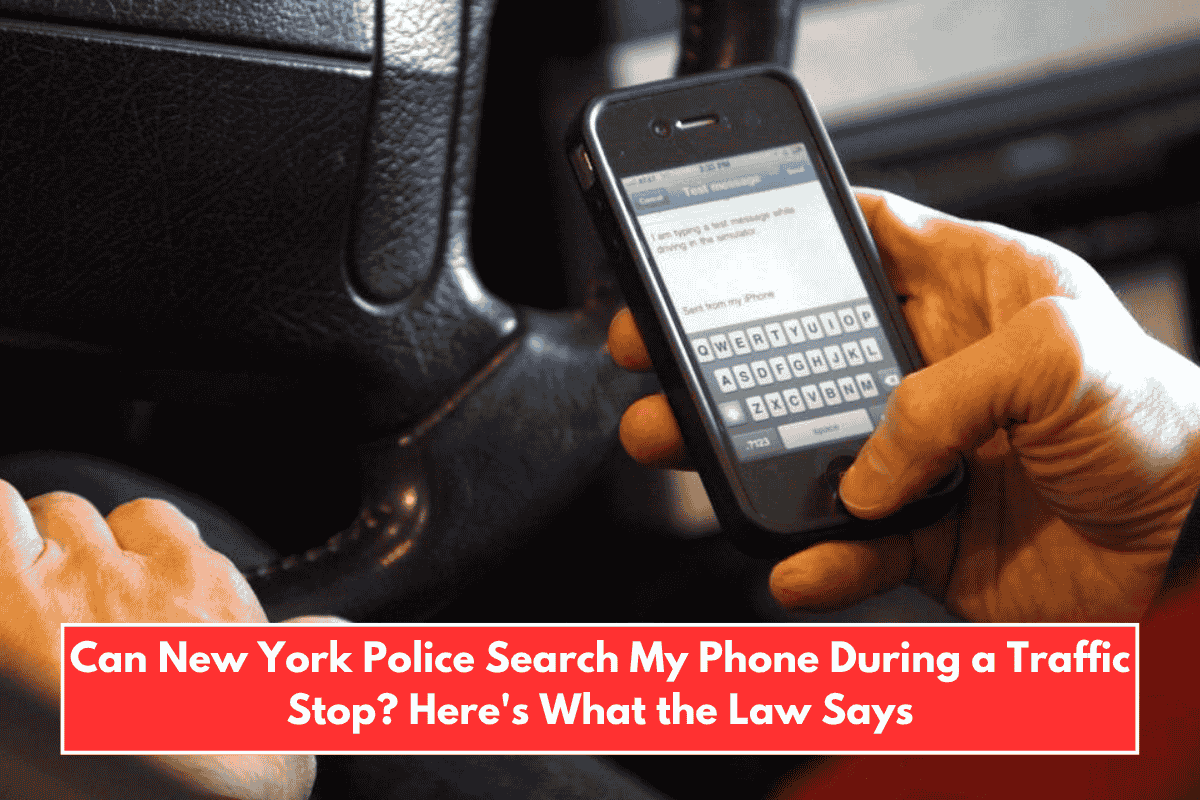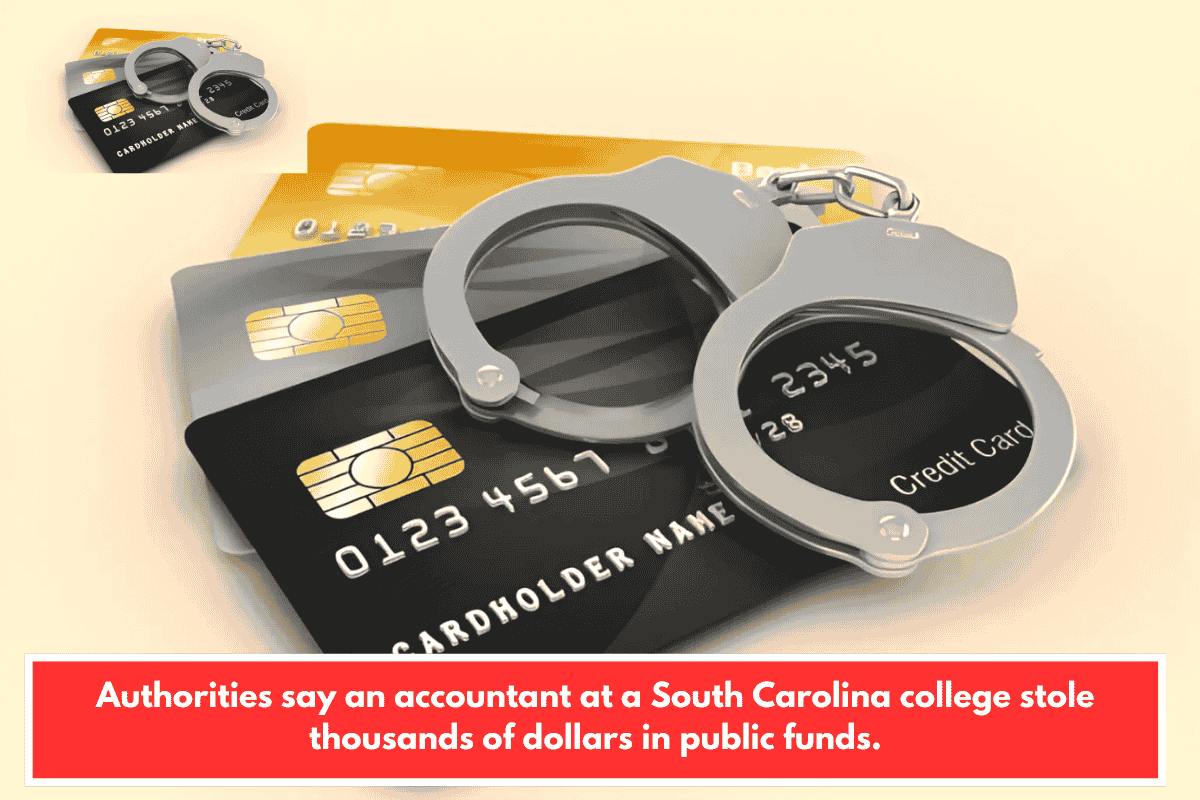In New York, police generally cannot search your phone during a traffic stop without your consent or a valid search warrant. Your rights are protected by the Fourth Amendment, which guards against unreasonable searches and seizures.
Key Legal Principles
- Warrant Requirement:
Police officers must have a search warrant to search your phone during a traffic stop unless you give explicit consent or there are exigent circumstances (such as imminent destruction of evidence or an immediate threat to safety). The U.S. Supreme Court has ruled that the vast amount of personal data on cell phones makes them different from other items that might be searched during an arrest, requiring a warrant for access. - Consent:
If an officer asks to see or unlock your phone, you have the right to refuse. You are not legally required to provide your password or unlock your device unless a valid warrant is presented. Officers may request your consent, but you can calmly state, “I do not consent to a search.” - Probable Cause & Exceptions:
While police can search your vehicle without a warrant if they have probable cause to believe it contains evidence of a crime, this does not automatically extend to your phone. The privacy protections for digital devices are much stronger than for vehicles or containers inside the car. - Seizure vs. Search:
If you are arrested, police may seize your phone as evidence but still cannot search its contents without a warrant. They can hold the device while seeking judicial approval but cannot compel you to unlock it or provide your password without a court order.
Relevant New York Laws and Practices
- Right to Know Act:
Under New York City’s Right to Know Act, if police seek to search your property (including your phone) without legal justification, they must inform you that you have the right to refuse consent. Officers are also required to document your response and provide you with a business card upon request. - Routine Traffic Stops:
A routine traffic violation (like speeding or running a red light) does not give police probable cause to search your car or your phone. If the stop escalates due to suspicion of a more serious crime, officers must still follow the rules above.
What to Do If Asked to Hand Over Your Phone
- Remain calm and polite.
- Ask if you are being detained or are free to go.
- If asked to unlock or hand over your phone, you can say:“I do not consent to a search of my phone.”
- If officers persist without a warrant, you can request to speak to a lawyer before answering further questions or complying.
If Your Rights Are Violated
If you believe your phone was searched unlawfully, you can file a complaint with the NYC Civilian Complaint Review Board (CCRB).
Summary Table: Police Search of Your Phone During NY Traffic Stop
| Scenario | Can Police Search Your Phone? |
|---|---|
| Routine traffic stop | No, not without consent or warrant |
| With your consent | Yes |
| With a search warrant | Yes |
| Probable cause (but no warrant) | No, must still get a warrant |
| If arrested (phone seized as evidence) | Can seize, but search requires warrant |
Bottom Line:
During a traffic stop in New York, police cannot search your phone without your consent or a warrant. You have the right to refuse, and officers must inform you of this right if they lack legal grounds for a search.
SOURCES
[1] https://www.nyc.gov/site/ccrb/complaints/file-a-complaint/right-to-know-act.page
[2] https://www.arizonalawgroup.com/blog/can-a-police-officer-search-your-phone-without-permission/
[3] https://jonnaspilbor.com/understanding-your-rights-during-a-police-stop-in-new-york/
[4] https://www.demilialaw.com/legal-tips/pulled-over-in-ny-know-7-quick-tips-about-police-searches/
[5] https://coolidgelawfirmaz.com/can-the-police-search-through-my-phone/














